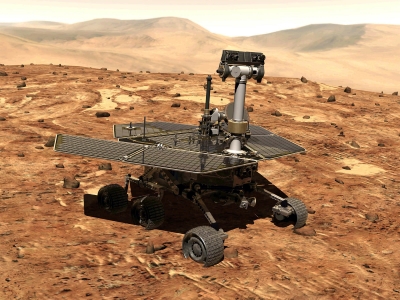
Consider this. While on a mission to find life on Mars what if we accidentally introduce life to the planet instead?
It may seem unbelievable at first – the robotic spacecraft that we send today have to travel millions of kilometres through space to reach Mars. On the way it faces vacuum, extremely low temperatures, high levels of cosmic radiation and what not! Which life form, if it hitches a ride on the spacecraft, can survive all that? But as it turns out, some microorganisms can withstand it all, and tiny life forms called extremophiles (from extremus, meaning “extreme” in Latin, and philia, meaning “love” in Greek) are an example of that! In effect, the risk of “forward contamination,” or transfer of life and other biological contaminants from the Earth to another celestial object, is very real. This raises two concerns.
One, such hitch-hiking microorganisms may be mistaken for signs of extra-terrestrial life. Two, they may thrive and go out of control in the new environment, and even interfere with or destroy any life forms that may originally exist there.
Today, spacecraft to Mars are thoroughly sterilized to prevent such accidents. But in the future when we, humans, become equipped to go on Martian missions, this will become one more issue to solve. Because our bodies are natural hosts to trillions of microbes, some of which help us survive, and a few of them are bound to spill over!
Picture Credit : Google




